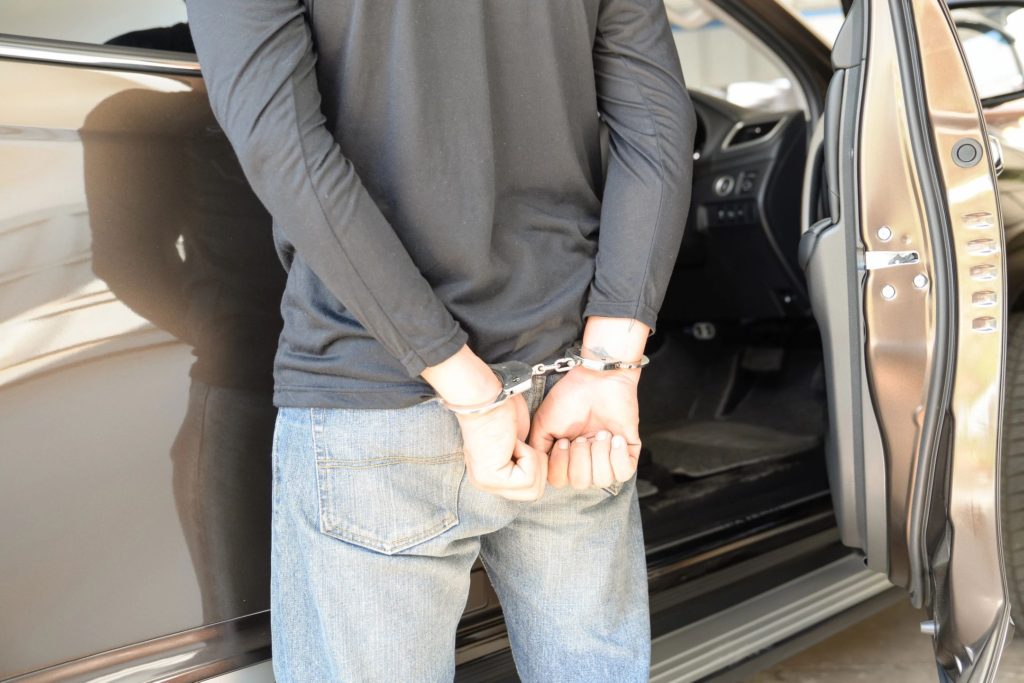If you are stopped by police, you need to know you rights and what you can and cannot do. Try to remain calm during the entire contact with officers. The calmer that you are the more reasonable you actions will be. Be polite to the officers. If you are cussing or screaming at officers you will get arrested. The officers conduct may not be reasonable in the end, but you will have to go through the process of proving the officer acted illegally. Finally KNOW and STATE your rights. Officers are trained to get you to give up information without you even realizing it. Here are four main types of contacts with officers:
Stopped While Walking in Public
If you are stopped while walking or in a public area. You do not have to answer any of the officers questions, nor do you have to consent to a search of your property. You may need to provide an identification to the officers, depending on the reason that the officer contacted you
Stopped While Driving
If you are stopped in your car. If the stop was for any traffic violation you must provide your insurance, registration, and driver’s license. You do not need to provide any additional information, you do not need to answer any questions, or allow the officer to search your car. If the officer threats to go get a warrant, let them. The officer may not have probable cause necessary to get a warrant and is just trying to scare you into allowing the officer to search the car.
Officer Goes to Your Home
If you are contacted at your home. Here, you have a higher degree of privacy. You can tell the officers that they may not enter your home. You can tell the officers that you do not want to talk to the officer. If the officer threats to “go get a warrant,” let them. If there is probable cause to enter your home, it needs to be reviewed by a judge.
Knock and Talk
If an officer leaves a card or calls you to come in for an interview. You are under no obligation to contact the officer. It would be best in this situation to consult with a local Denver criminal defense attorney. You want to ensure that you have an attorney with you prior to contacting the officer. Most times the officer has identified you in a criminal activity and is looking to make the case stronger against you, not try to clear up any misunderstandings.
If you or a loved one have been contacted by law enforcement or are currently being charged with a crime, contact us today at (303) 747-4686.
